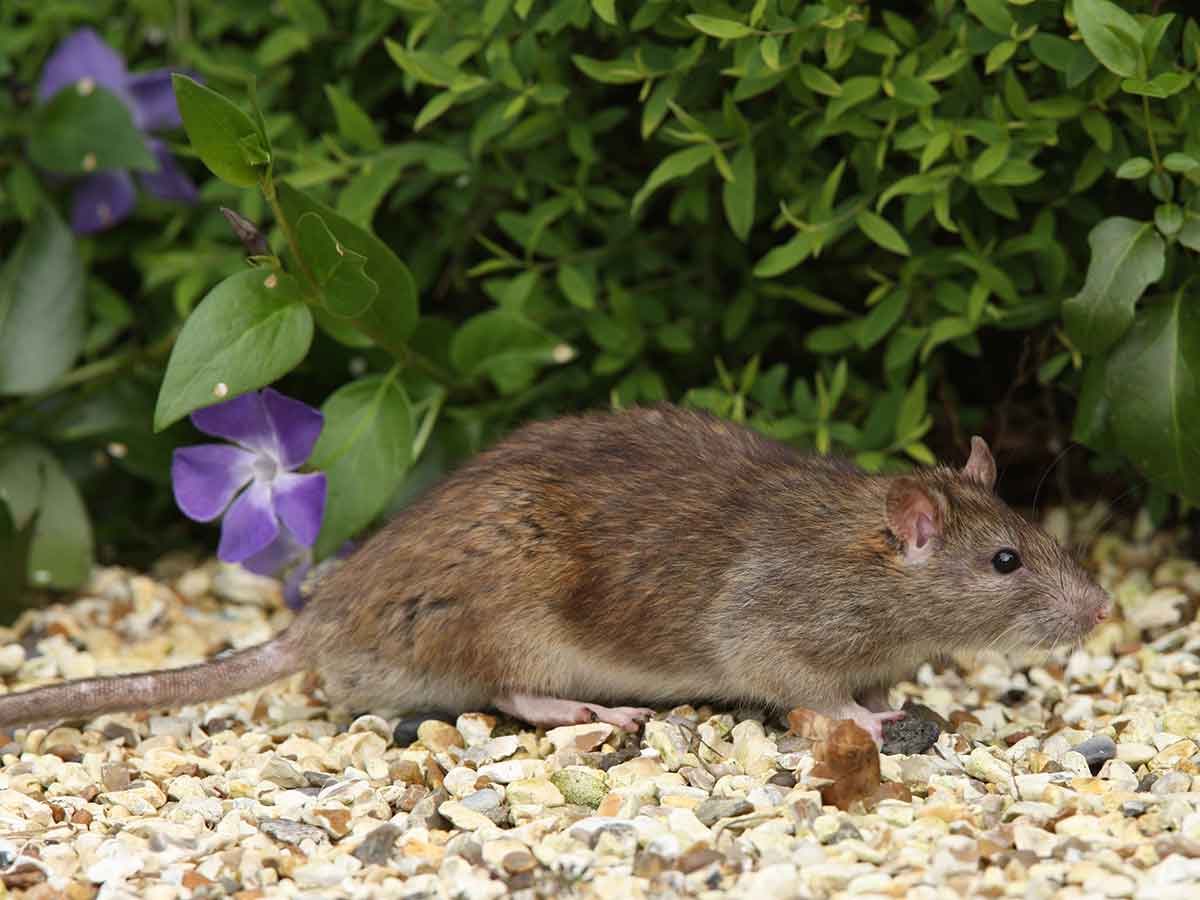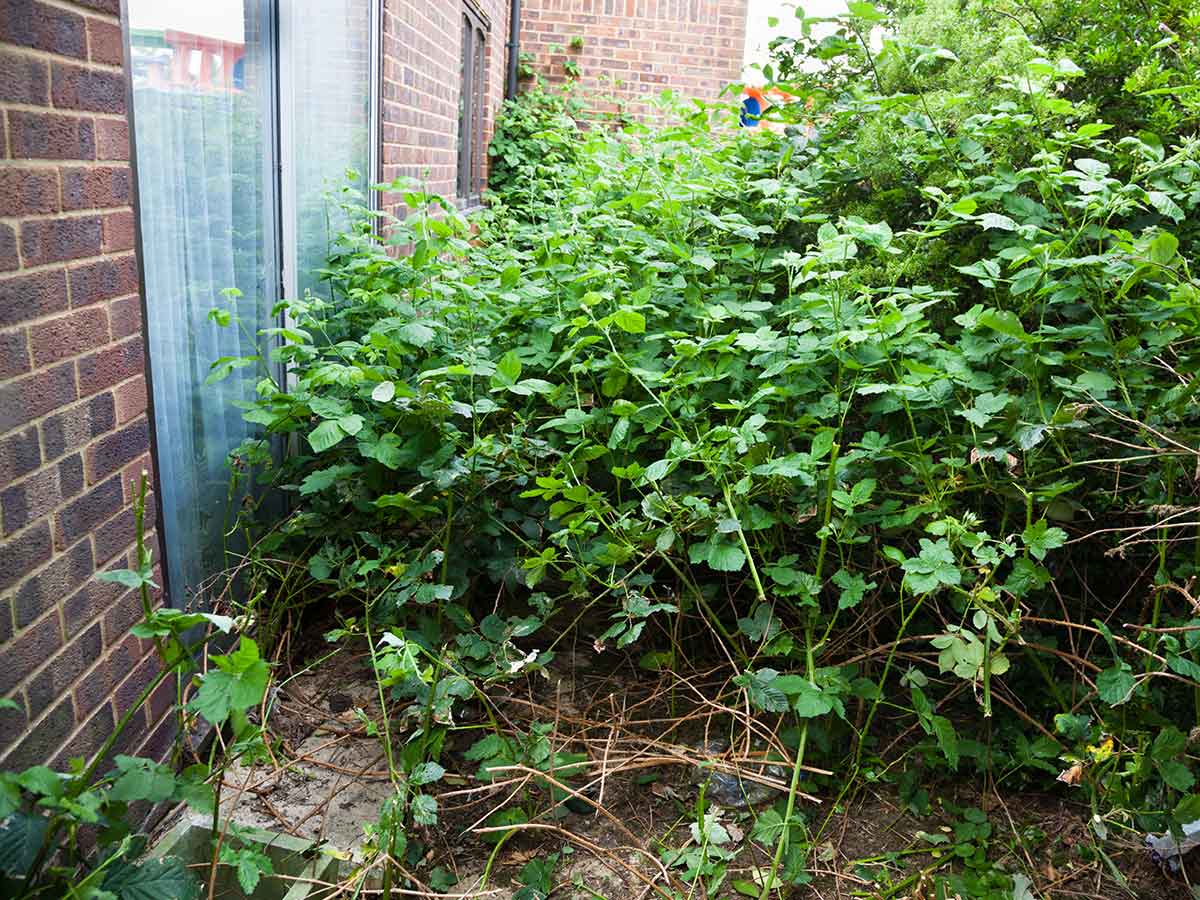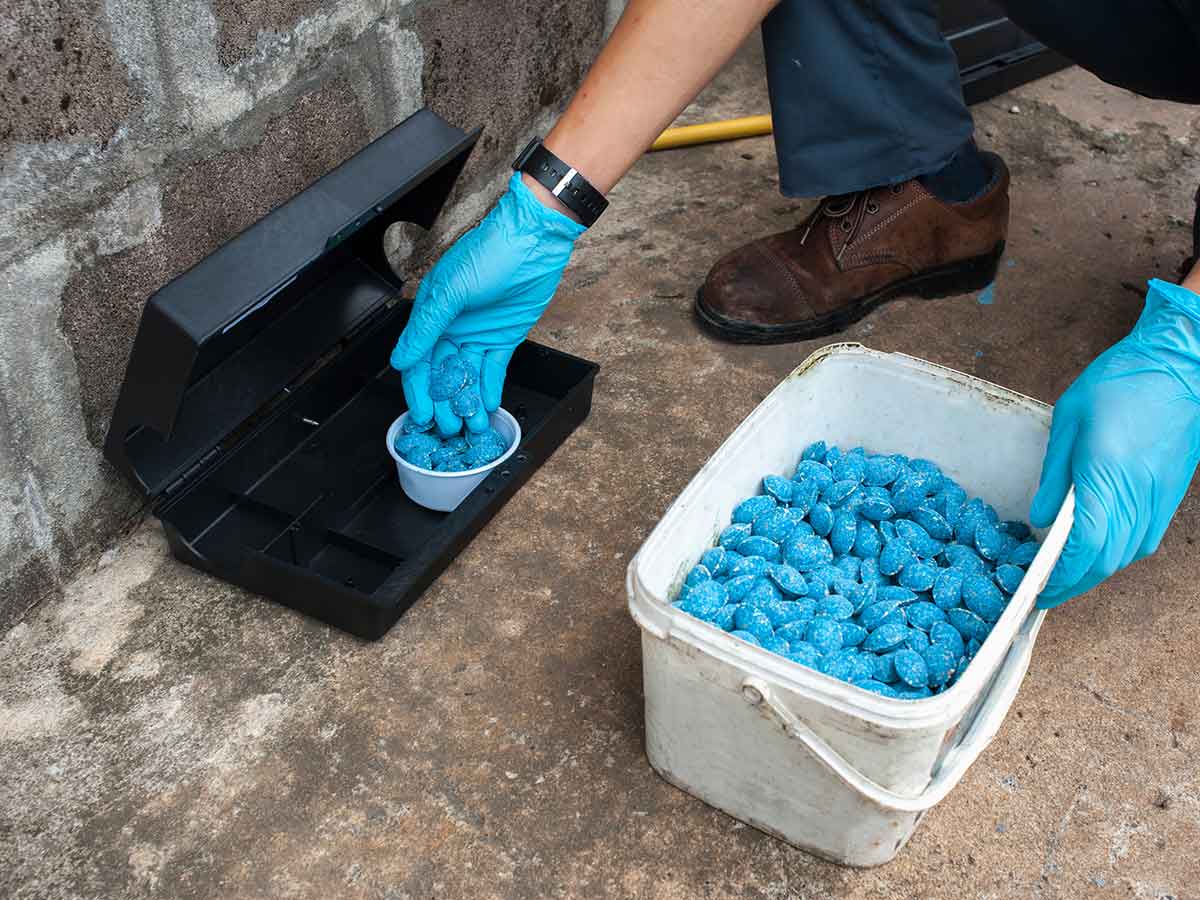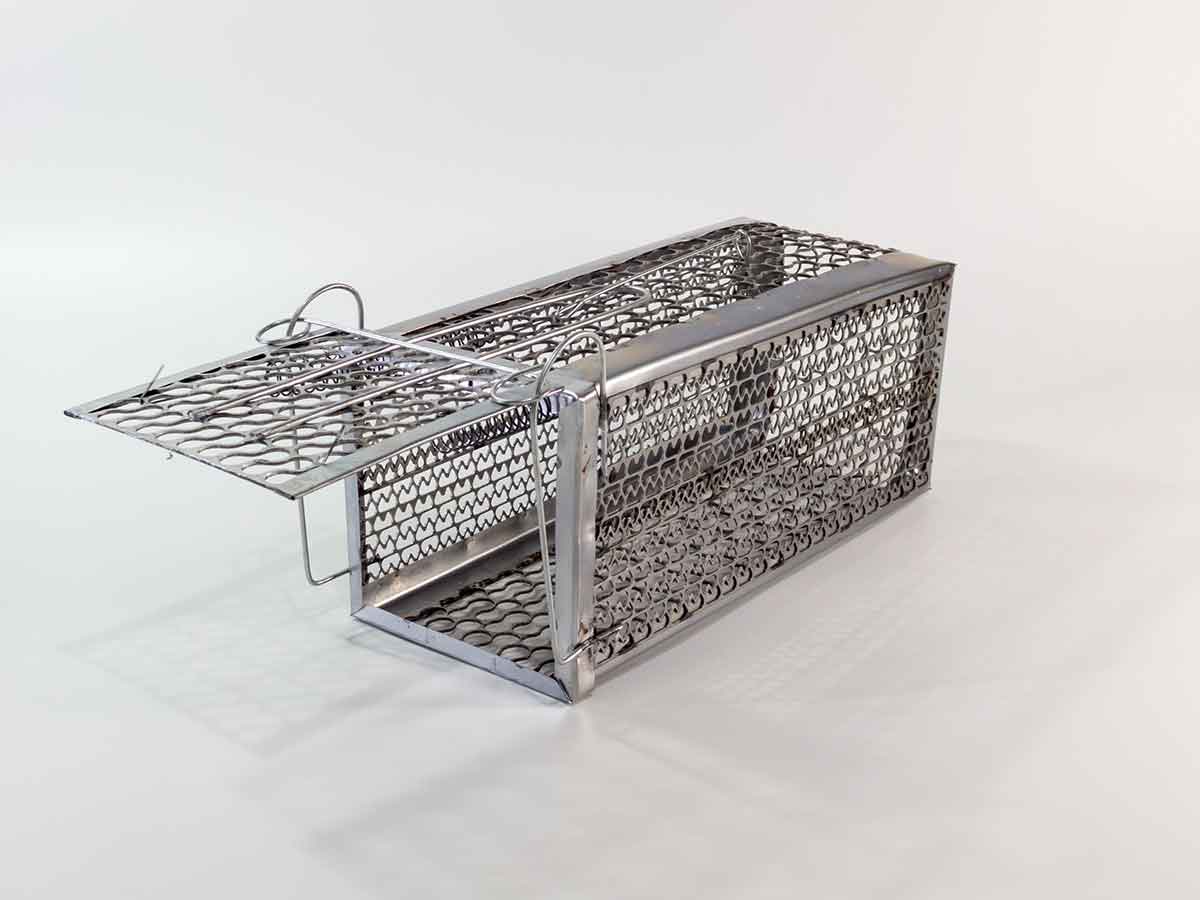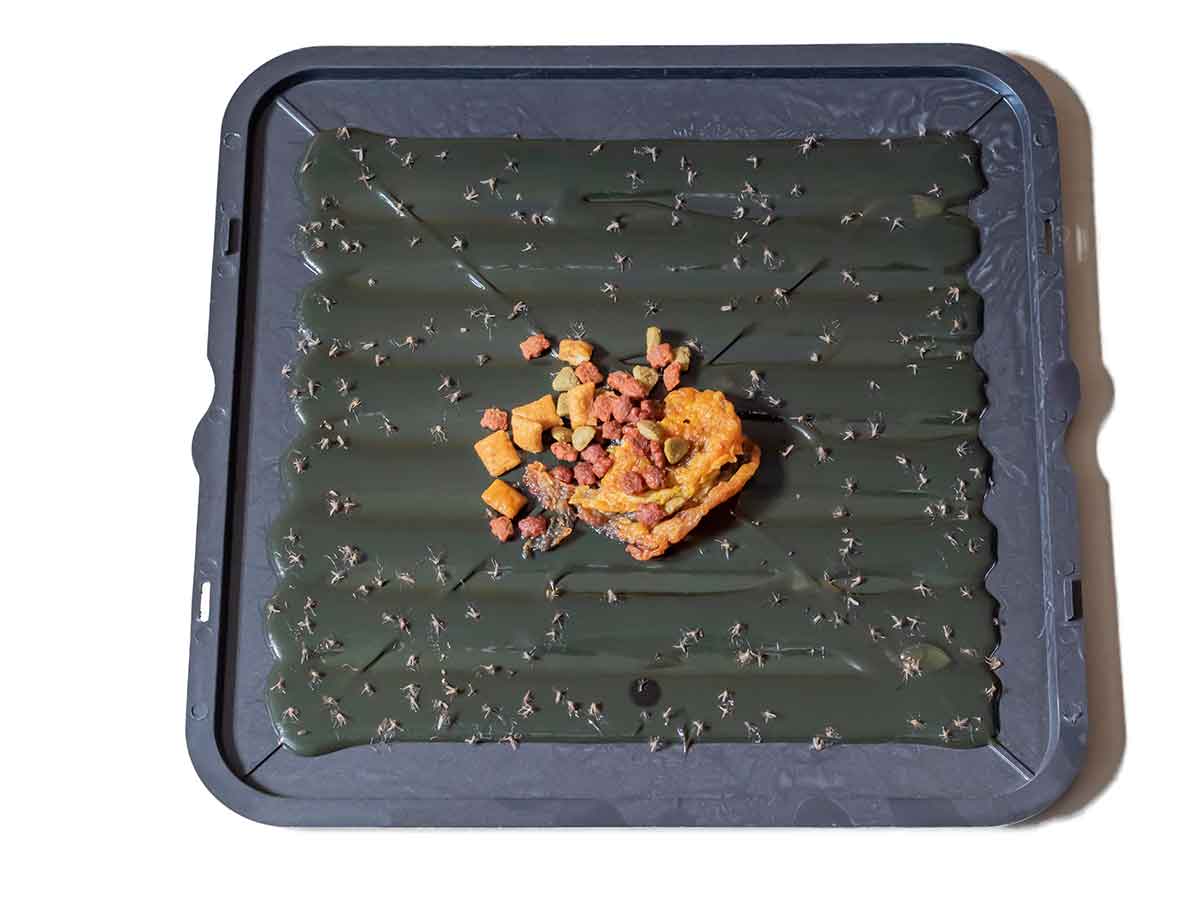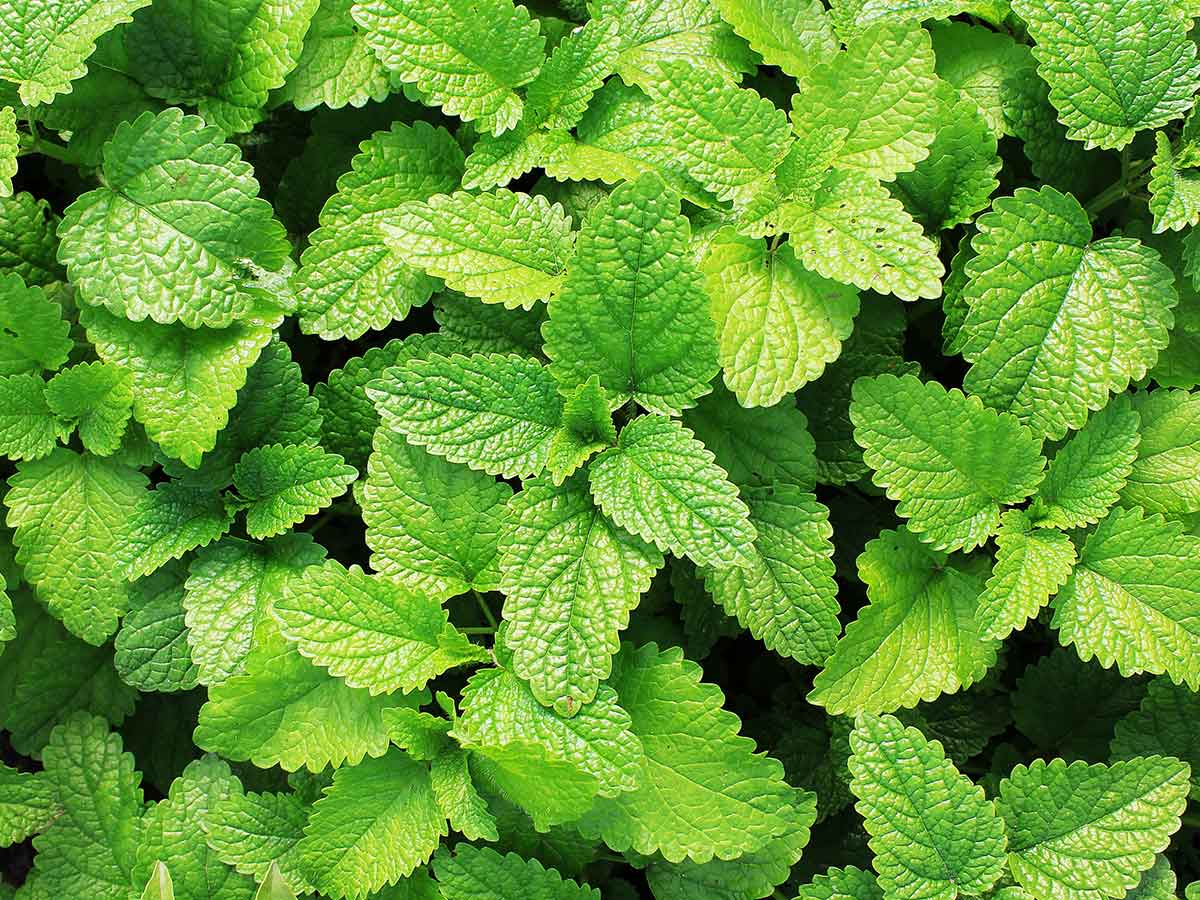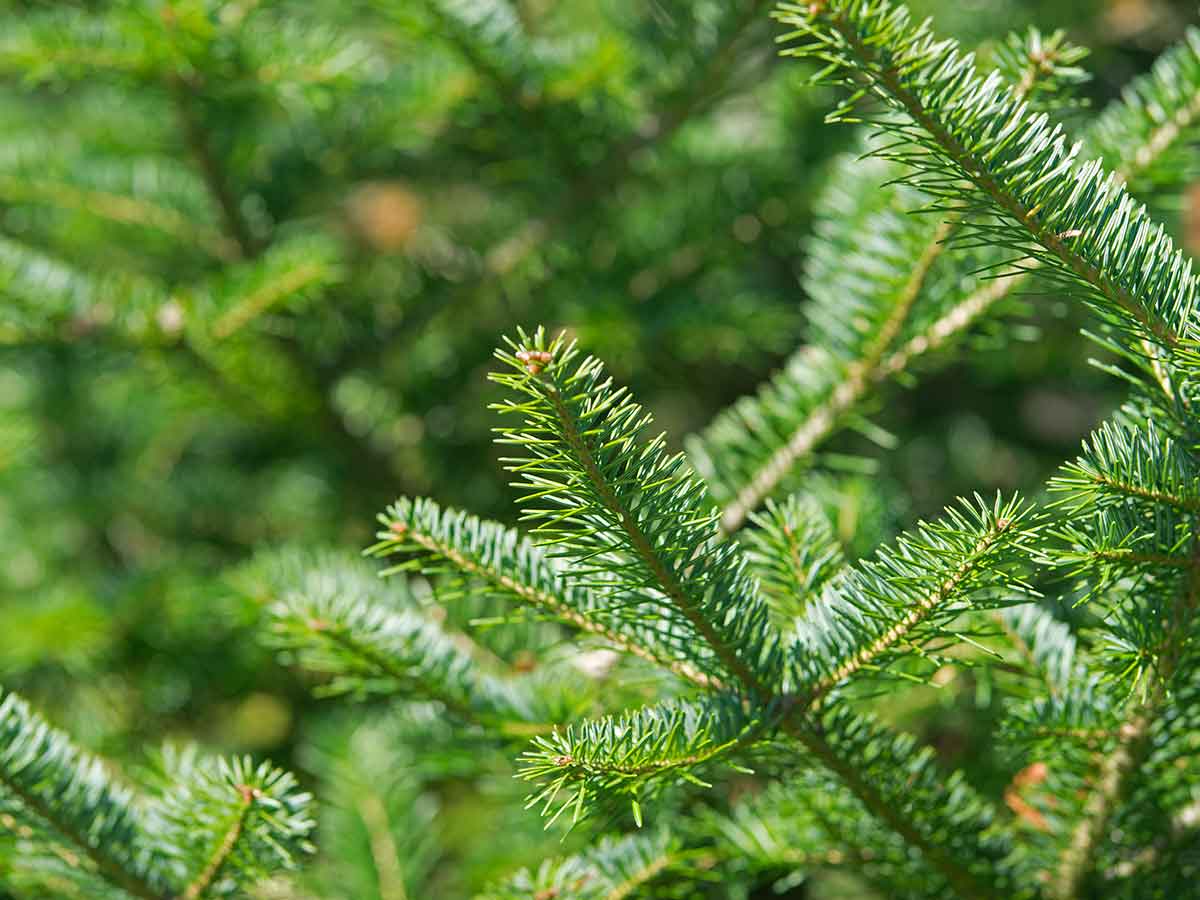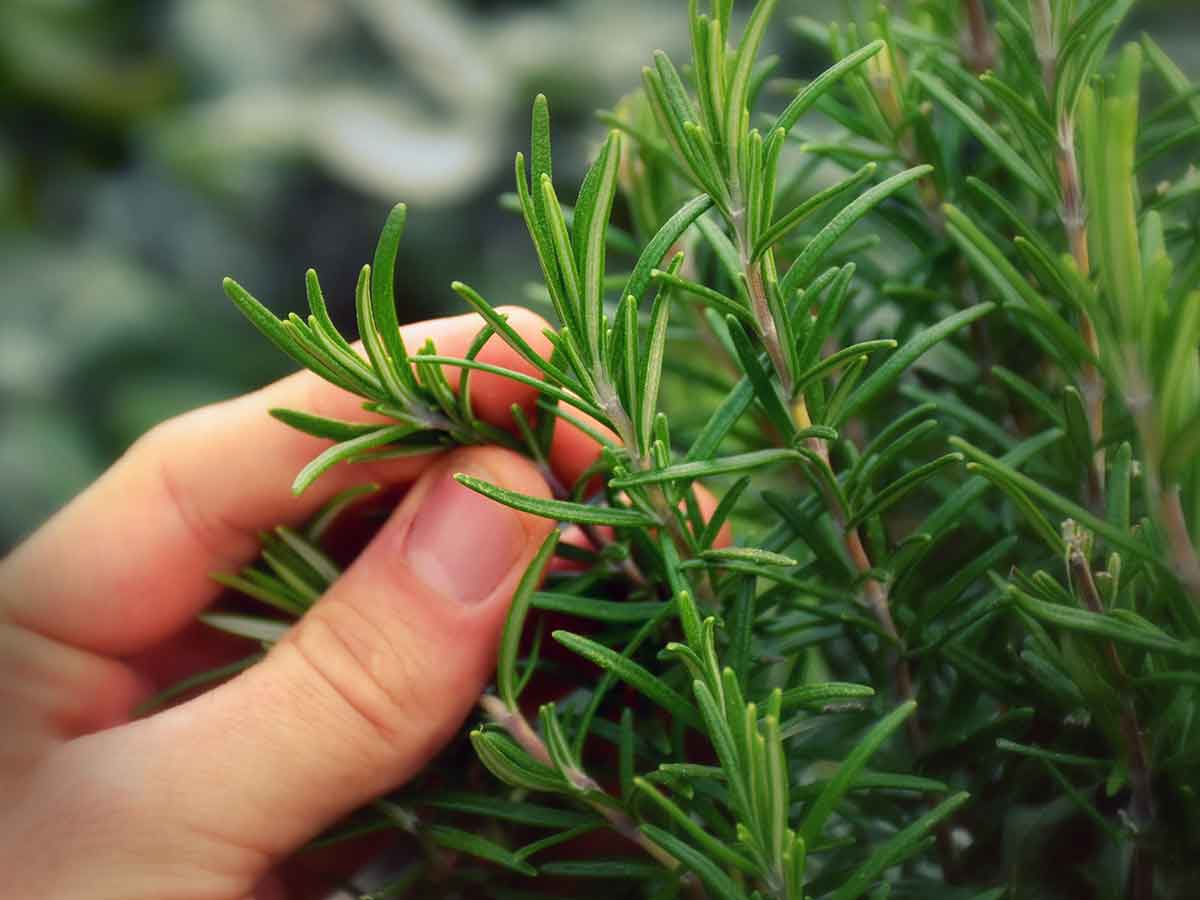Rats are a problem the instant they take up residence in your yard, garden, or house. Rats can cause a surprising amount of damage to property in a short amount of time. Homes, vehicles, and gardens are not safe when rats are around. Rats also pose a health risk because they spread infectious diseases to humans and pets. Once a rat problem has been discovered it is imperative to act quickly to remove the rats and ensure they do not return. There are also steps you can take to prevent rats from appearing in the first place.
Understand what attracts rats to your yard
If you are going to get rid of rats, you need to understand what attracts rats to gardens. You could be enticing rats without knowing it as there are plants that attract rats. For rat traps to be effective, you first must understand why the rats are there. Whatever is attracting the rats needs to be removed if traps are going to work.
Struggling with rats?
Our pest control experts will make sure your home is free of rats.
Plants that attract rats
Plants that grow fruit and vegetables will attract rats since they provide an excellent source of food for them. Typically, rats and mice feed on a variety of fruits; for example, oranges, avocados, peaches, lemons, and figs. They are also very fond of walnuts and almonds. So, it’s vital that all fallen fruit and nuts should be regulated removed, and discarded as soon as possible.
Smells and Odors that attract rats
Odors and smells that come from pet waste, pet food, garbage containers, barbecue grills, birdfeeders, and even from unharvested fruit and nuts from plants can attract rats and mice. Good sanitation habits can effectively improve the prevention of attracting rodents in your yard.
Are rats keeping you up?
Our pest control experts will make sure your home is free of rats.
Overgrown and stationary areas that attract rats
Rats do not prefer open spaces but rather overgrown areas, as they provide cover from predators and it’s also an ideal place for them to build their nests. To prevent rats from living in your yard, you must deny them access to shelter. Keep your yard nicely trimmed and remove any piles of wood, brush, debris, compost piles, dense shrubbery, ground covers, and ivy as this will attract rats over time. Also, keep storage shelters properly sealed – repair or seal all openings with durable materials, such as concrete, metal flashing, steel wool, or heavy welded wire.
Water sources that attract rats
Most rats require a constant water source and they tend to stay around these sources. It’s necessary to remove, cover, or repair any sources that provide a water source for these rodents. This includes swimming pools, leaky faucets, irrigation lines, water bowls for pets and other sources of standing water.

Have rats invaded your home?
Our pest control experts will make sure your home is free of rodents.
Set Outdoor Traps for Rats
There are several different kinds of rat traps. Each type of trap uses a different method of catching a rat, but all can be effective. Consider the pros and cons of each trap type to select the best trap for your situation.
Snap Rat Traps
With the right bait and location setup, the traditional snap traps are still the most common and effective way of catching rats. These rodents are primarily nut and seed eaters, so using a small amount of peanut butter or hazelnut spread works best. When temperatures drop outside, rodents tend to slow down and focus on building nests, so you can also lure them by using materials such as cotton balls, dental floss, yarn, or twine. Additionally, make sure you use gloves while setting up – rodents can detect your scent on traps you’ve handled and can potentially deter them from reaching your trap.
Be very careful when setting rat traps. You need to be mindful of where they are and what else may be able to reach them.
Rat Bait Boxes
Bait boxes are excellent for luring rats in and feeing them a poison. These traps attract rodents with a pleasant smell, they die shortly after being consumed due to internal hemorrhages or a kidney, liver, or heart failure (depending on the poison). Another drawback is rodents tend to die in hard-to-reach places and you will consequently face the decaying smell that worsen over time until the corpse is properly thrown away. Because of this, you likely want to use rat bait boxes outside.
Struggling with rats?
Our pest control experts will make sure your home is free of rats.
Electronic Rat Traps
Electronic rat traps are considered the most modern and effective traps for rodents. These traps lure rodents with food and baits them onto a metal plate inside that immediately electrocutes them. It is the most humane approach in comparison to snap traps and poisonous traps – the rat’s death is nearly instant. Additionally, these traps are powered by batteries, which allows them to be used as outdoor rat traps.
Live Catch Rat Traps
These traps capture rats alive, allowing you to relocate them. This is the most humane approach in terms of not killing rodents. Ideally, rats should be freed 200 to 300 feet from your home. This is the best solution if you have children or pets around your home.
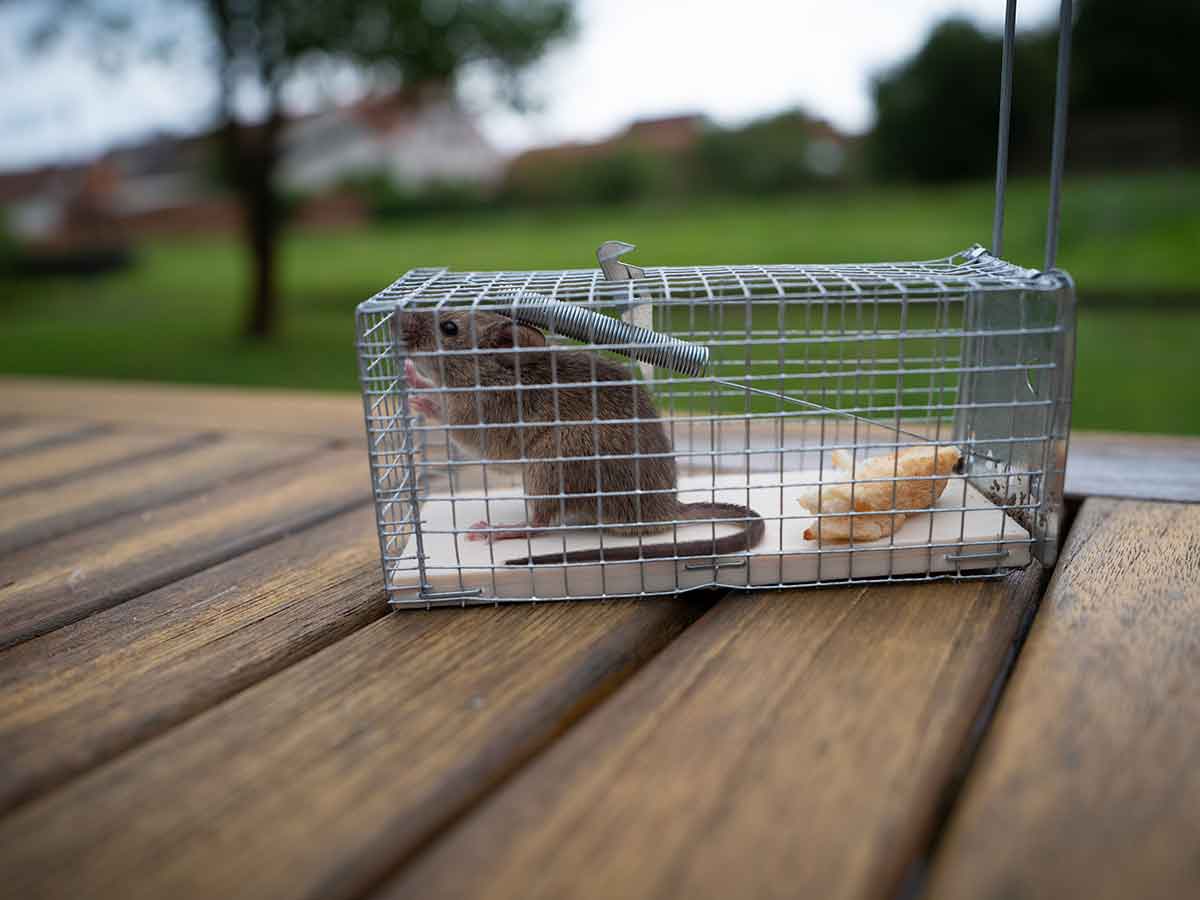
Glue Rat Traps
This is the least humane and messiest approach in getting rid of rats. These traps are typically strips, boards, or trays made with natural or synthetic glue. Unfortunately, it may take several hours to even days for the rodent to die - due to dehydration and pain. Additionally, there may be times when rodents can break free from these traps.
Use Certain Plants to Repel Rats from Coming Back Again
Plants are not only for esthetics but also can serve as a repellent towards rodents as well. Planting these plants/trees in your yard will enforce your strategy in repelling rodents and prevents them from entering your home as well. The following are plants that repel rats from ever coming back again:
Mints for Deterring Rats
Rats tend to shy away from mint and any other herbal aromas. Many homeowners claim to have personally tested these multiple times. You can also make deterrent sprays from the peppermint leaves by chopping some leaves and adding them to boiling water. Additionally, this plant also known to repel fleas, ticks and ants.
- Mint
- Spearmint
- Pennyroyal
- Citronella plants
Sagebrush for Deterring Rats
The sagebrush is commonly found in the midwestern parts of the U.S. and emits a pungent scent which effectively repels rats. Use sagebrush oils as an alternative if you don’t have access to fresh leaves. You want to use these oils with caution, since these oils are toxic to humans if swallowed.
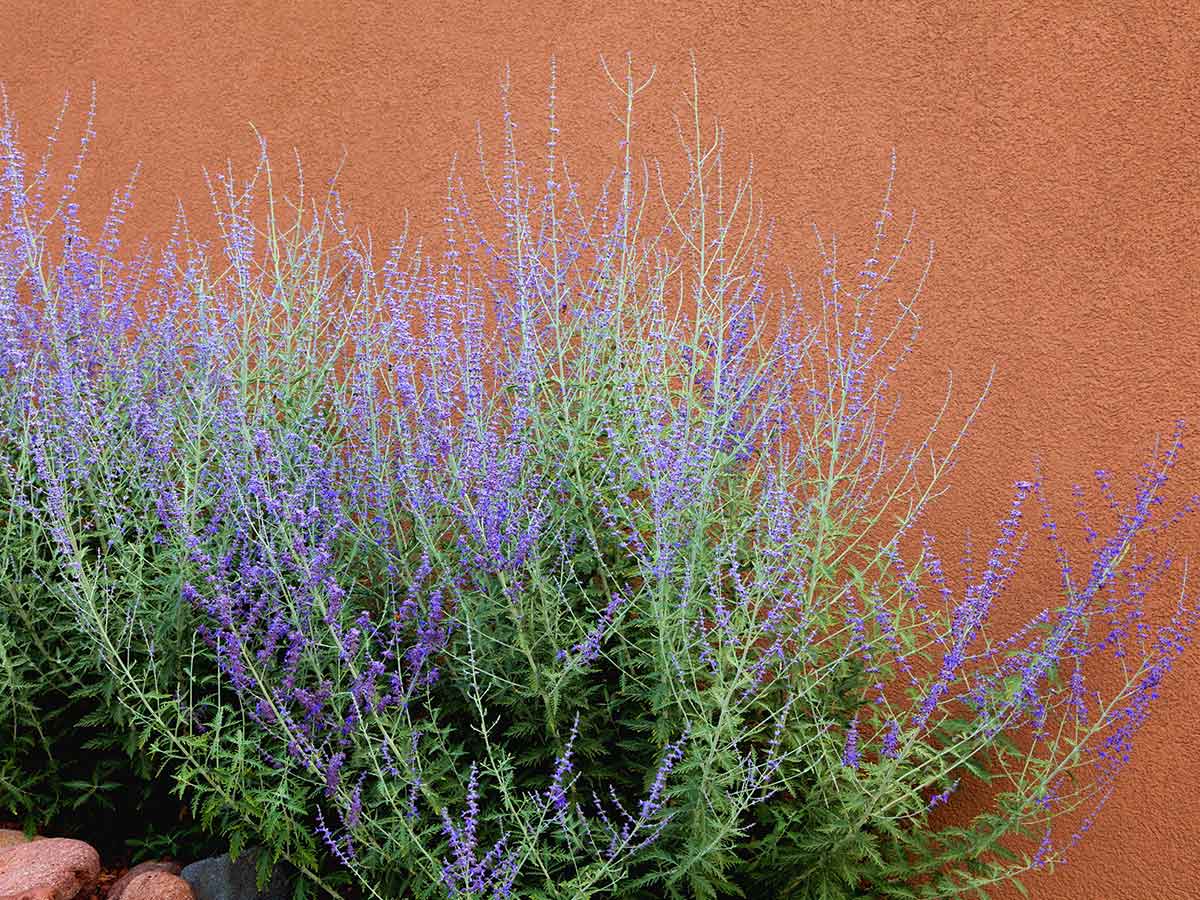
Herbs
Homeowners can also use herbs on soil, plants and crevices leading inside the home. The following herbs have a very strong smell and are known to provide a boundary against rodents:
- Oregano
- Sage
- Rosemary
- Basil
- Black Pepper
- Cayenne
Rats are a true pest, but with the proper knowledge and tools they are a pest you can get rid of. Once you know what attracts rats to your home, you can change the environment to make the area less enticing. Traps and repellant will rid your home of rats. Should you require professional help, The Bug Master stands ready to help with all your rat and mice needs.

